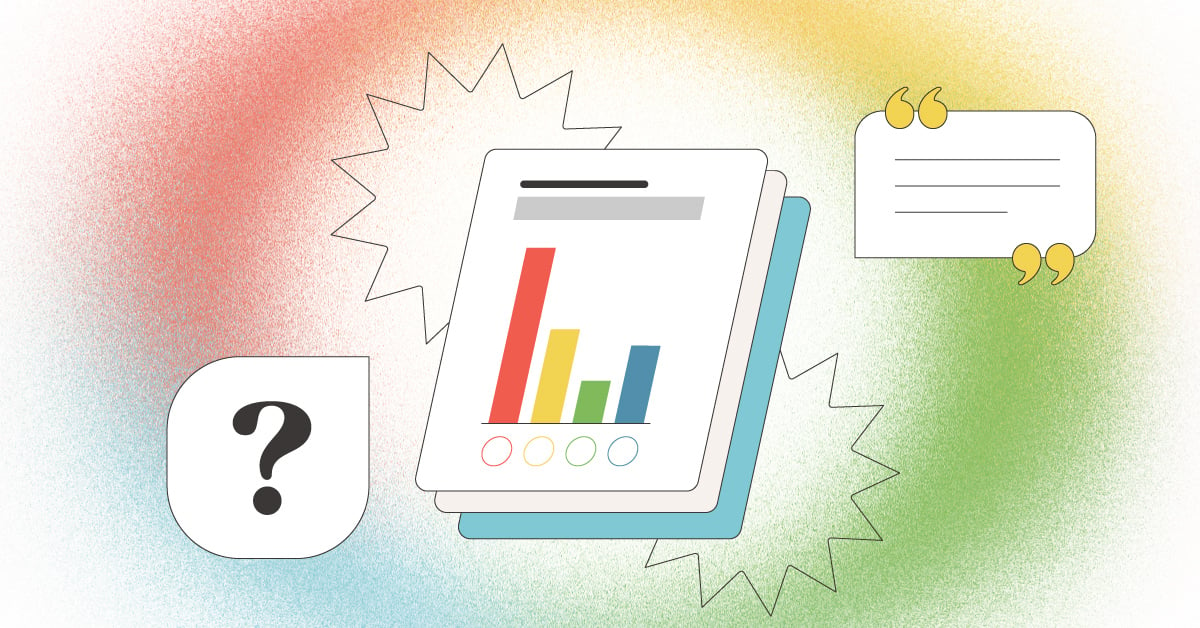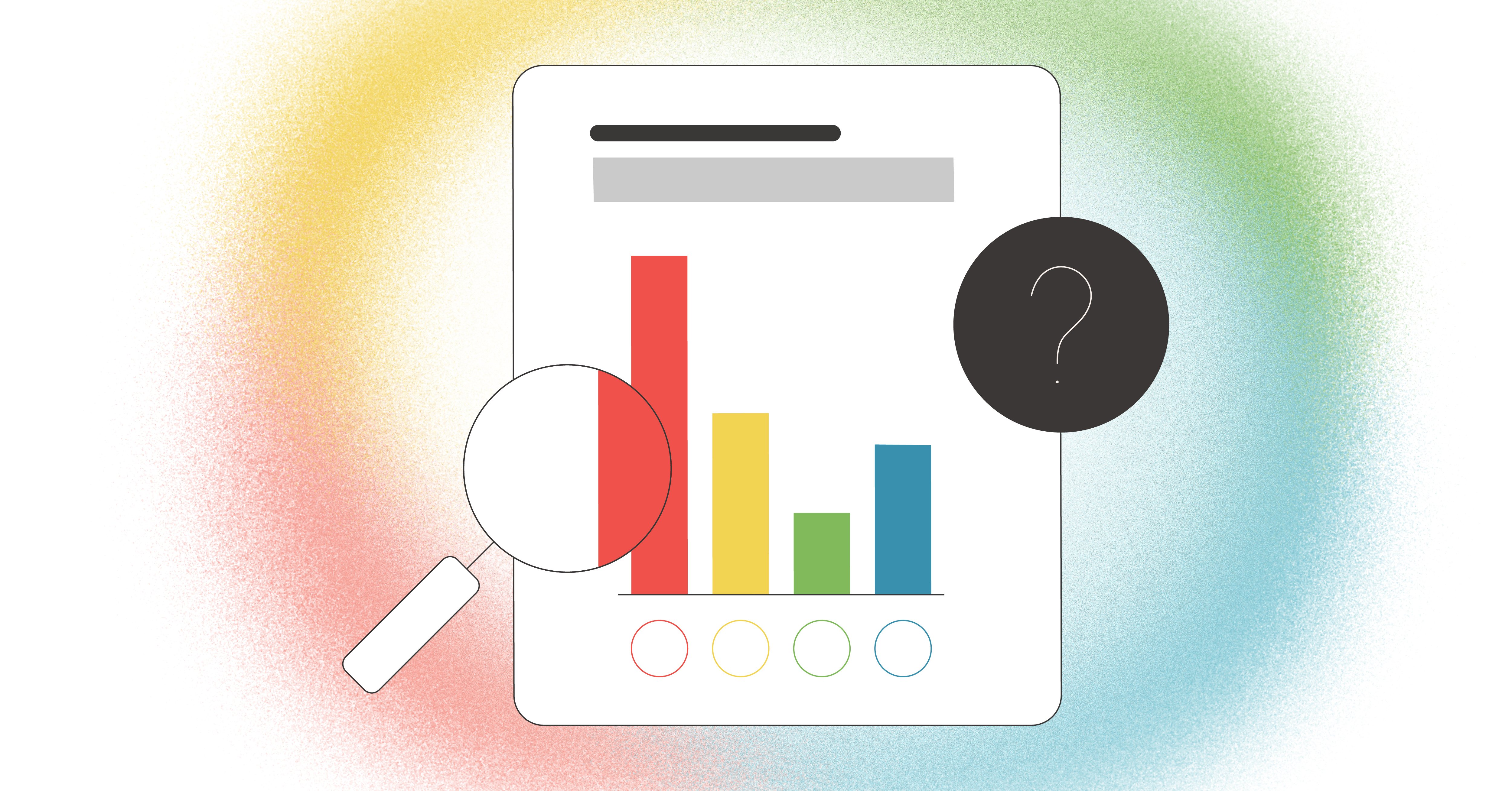
If you’re like most working professionals, your time is valuable. You want professional and team development that is going to give you a return on your investment—and not waste any of your time. Behavioral assessments are the tool that keeps on giving. Used correctly, they become a vehicle to improve communication, enhance collaboration, boost productivity, and produce better outcomes at work.
In fact, the right assessment can bring ROI on the daily. Here’s how.
Assessments Transform Communication
Using assessments illuminates the bewildering. You might wonder why your coworker avoids in-person discussion but feels comfortable getting confrontational over email, or be baffled by your boss's penchant for small talk before diving into business.
After your team takes assessments, you’ll get those answers and more. Once you see the patterns of behavior that assessments reveal, you will understand yourself and others much better.
Assessments also give teams a shared vocabulary. Instead of saying someone’s shy, you can correctly identify them as a ‘reserved communicator’. If another team member has a hard time regulating their emotions, you’ll be able to understand how this relates to EQ and have the language to discuss it. This clarity helps people feel understood, not attacked, when opportunities for improvement arise.
Joan Graci, President of APA Solutions, has seen behavioral styles inhibit communication. She has worked with several leaders who were uncertain about promoting a deserving employee, simply because that person was too quiet and didn’t seem as if they wanted the promotion.
"More often than not, the disconnect between employers and employees isn’t a lack of skill—it’s a difference in behavioral styles," Joan said. "When leaders don’t fully understand these differences, they risk misinterpreting potential as a problem. Our work is about bridging that gap—developing employees, coaching employers, and creating an environment of awareness that leads to meaningful growth for both."
The best part? You only have to take an assessment once to harness this ROI. The DISC assessment, for example, reveals how someone does what they do, or their behavior. It’s entirely observable; once you learn the insights from the assessment, you can take that awareness with you moving forward.
Assessments Increase Awareness of Blindspots
One of the greatest benefits of assessments is their ability to draw attention to blindspots, backed up by data. When you suddenly become aware of something you couldn’t clearly see before, you have the opportunity to improve.
The Forem shared research that found while 95% of people claim to be self-aware, only 15% of people actually are. That’s why assessments are such a valuable tool; they increase self-awareness exponentially by revealing blindspots. You can continue to apply and utilize the insights they reveal by returning to your results and asking, “How are my blindspots affecting me? What am I not seeing? How might I understand others?”
“I’ll always start with the bigger picture of behavior," Joan shared. "When people see their blindspots as opportunities instead of weaknesses, the entire conversation shifts. Self-awareness isn’t about criticism—it’s about unlocking potential in a way that feels empowering rather than personal."
Assessments Help You Find Patterns
Do you feel like you’re stuck in a loop at work? Are you constantly having the same conversations? Are the people around you disengaged with no plan of action in sight?
Assessments can quick-start change by improving pattern recognition. If you approach problems the same way and continue getting poor results, you might simply be missing the information you need to reach success. The right assessment can provide clarity in your decision-making processes.
Instead of trying the same corrective approach with a struggling employee, you can use their assessment results to tailor a personal development plan. Or, if someone is struggling in a role, measure them against a job benchmark and determine if they need to reskill or switch positions within the organization.
The insights found in assessment results help you avoid repeating mistakes, missed opportunities, or conflict—and instead give you the knowledge to reframe understanding and move forward in a new, effective way that benefits everyone involved.
Assessments Make Workplace Conflict Productive
Conflict is inevitable and unavoidable in the workplace, but it doesn’t have to result in negative outcomes. Instead, you can pivot conflict into opportunities for a deeper understanding of yourself and others with the right tools.
“True collaboration happens in the middle ground," Joan said. "No one should have to change who they are, but we can use tools like the TTI assessment to build understanding. It’s not about forcing adaptation—it’s about recognizing what makes us different and using that to work better together."
Assessments give you the starting point for understanding and a way to move forward. They neutralize the situation by presenting hard data about behavior, motivation, EQ, and more.
If you’re using a Comparison Report, you can directly show the similarities and differences between two people in conflict. This can bring clarity to their conflict and will continue to do so for future interactions. Assessments provide the roadmap for their interactions, reducing conflict in the future and returning the investment of their time and understanding.
ROI Every Day, Every Time
Whether you're looking to improve team dynamics, develop leadership skills, or break unproductive patterns, assessments offer a clear roadmap.
The real value comes from continuously applying assessment results to grow and evolve.
"If you don’t know your behaviors, triggers, and processing style, you’re at risk of falling into bias—about yourself and others," Joan explained. "Self-awareness is the foundation of growth. The TTI tool isn’t just about insights; it’s about using those insights to lean into your strengths while continuously evolving."
When you use data to take action, you turn insights into impact—every single day.
Want to harness the power of assessments for your organization? TTI is ready to help.



